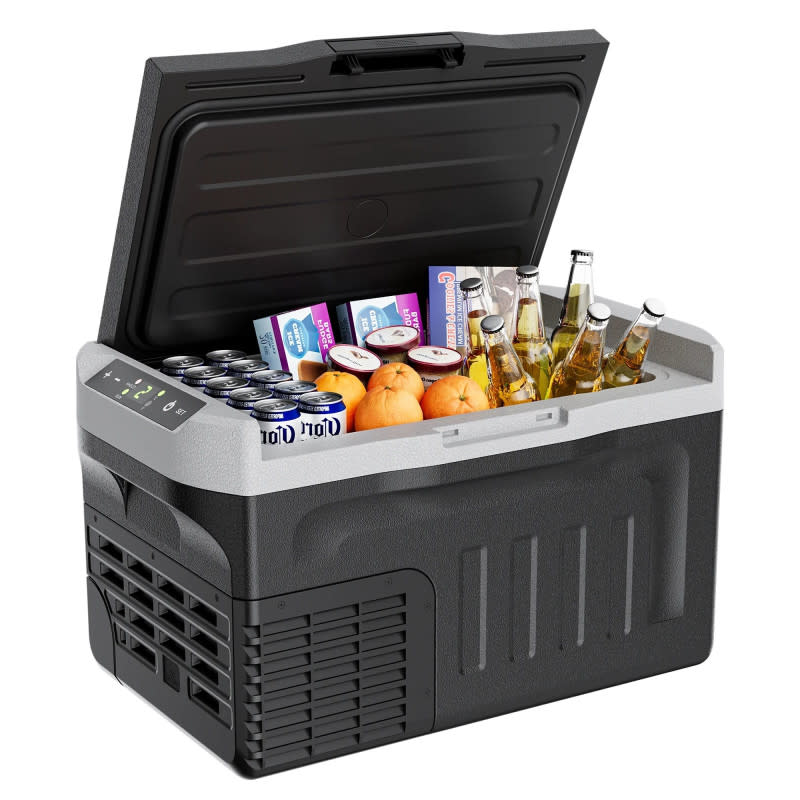Scientists sound alarm after making disturbing discovery during 21-day study of crustaceans: 'Unprecedented threats'
Chinese scientists studying mitten crabs have found microplastics inside of them.
What's happening?
A 21-day analysis of the crustaceans discovered that low pH levels are "aggravating" toxicity of microplastics in a synergistic scenario that's causing stress, immune system suppression, and altered gut microbiota function, according to experts from the National Natural Science Foundation of China, the Natural Science Foundation of Shanghai, and other government programs.
Microplastics are microscopic particles that slough off plastic waste as it breaks down over hundreds of years. They have been found in soil, the deep ocean, and even the human body.
The Chinese experts linked worsening planet overheating, economic development, and urbanization to increased plastic waste and ocean acidification.
The conditions —along with seawater erosion, UV radiation, and microbes —seem to be expediting plastic pollution degradation, resulting in the troubling, tiny particles. Decreasing ocean pH associated with rising carbon dioxide is a contributor to the problem, per the news release.
What's more, the experts found that water acidification made the crab microplastic impact worse in what was described as "immune-metabolic crosstalk."
Watch now: Giant snails invading New York City?
"These dual stressors present unprecedented threats to aquatic ecosystems," study lead author Zhigang Yang said.
The crabs live in fresh water, but need salt water to reproduce, according to the California Department of Fish and Wildlife. The species has become invasive there, burrowing in dikes and stream banks, causing erosion.
Why are the crab findings important?
The creature is an embodiment of multiple planetary pollution problems. The Center for Biological Diversity reported that by 2050, ocean plastic waste will outweigh all fish in the sea if current pollution levels remain.
Air pollution is harming our waters as well as the atmosphere. The ocean is storing 91% of the excess heat, which is impacting marine life in multiple ways, according to the National Oceanic and Atmospheric Administration.
Do you think America has a plastic waste problem?
Definitely
Only in some areas
Not really
I'm not sure
Click your choice to see results and speak your mind.
Scientists are studying how microplastics impact people and animals. Research into how the pollution interacts with pig nervous and digestive systems, which are similar to humans', found that it could trigger inflammation.
Studies regarding human health repercussions are ongoing. Harvard Medicine reported that experts fear microplastics could carry antibiotic-resistant pathogens into the body, among other problems. The Great Barrier Reef is turning white, or bleaching, as a sign of stress, for example.
What's being done to help?
The team encouraged more research, which can help provide greater insight into how microplastics are impacting our world.
Nature could also provide a solution. Mealworm larvae in Kenya have shown an ability to eat certain types of plastic. A fish gill-inspired washing machine filter developed in Germany catches the pollution when it falls off clothes during cycles.
And a greater effort to limit air pollution and plastic waste can help reduce the problem, too. Switching to an electric vehicle is one way to cut thousands of pounds of tailpipe exhaust annually while saving about $1,500 a year on gas and maintenance. Certain EVs are also eligible for steep tax breaks.
An easy, crustacean-friendly move is to ditch throwaway water bottles. You can save money with a better H2O carrier — and avoid loads of plastic trash.
Join our free newsletter for good news and useful tips, and don't miss this cool list of easy ways to help yourself while helping the planet.
A sobering reminder of the urgent need for environmental intervention following this devastating 21-day crustacean study; scientists warn against 'unprecedented threats' to marine life.
The sudden alert by scientists over their distressing 21-day crustacean study reveals 'unprecedented threats' that demand immediate attention from environmental organizations and policymakers alike.
The discovery of 'unprecedented threats' to crustacean populations during a 21-day study has sounded an alarm bell for scientists, highlighting the urgency in understanding and mitigating these harmful impacts on marine ecosystems.
This 21-day study on crustaceans has yielded alarming discoveries, raising the red flag over 'unprecedented threats' to our marine ecosystems. Scientist findings underscore how urgent it is for global action towards protecting and preserving this vital aquatic life.
The alarming discovery of unprecedented threats to crustaceans by 21-day research conducted scientists underscores the urgency for conservation measures and environmental policies aimed at safeguarding ecosystems.
The alarm sounded by scientists following their distressing discovery during a 21-day crustacean study highlights the 'unprecedented threats' our marine ecosystems are facing, urgently calling for immediate action to protect these vital creatures and preserve ocean health.














